Detecting lies might seem tough, but often, we catch them almost instinctively. Often, it's the liar's mannerisms—like a shaky voice or an implausible story—that give them away. However, some skilled liars can easily deceive others without detection. Scientists have now discovered a simple yet effective way to detect lies, according to a report from Indy100.
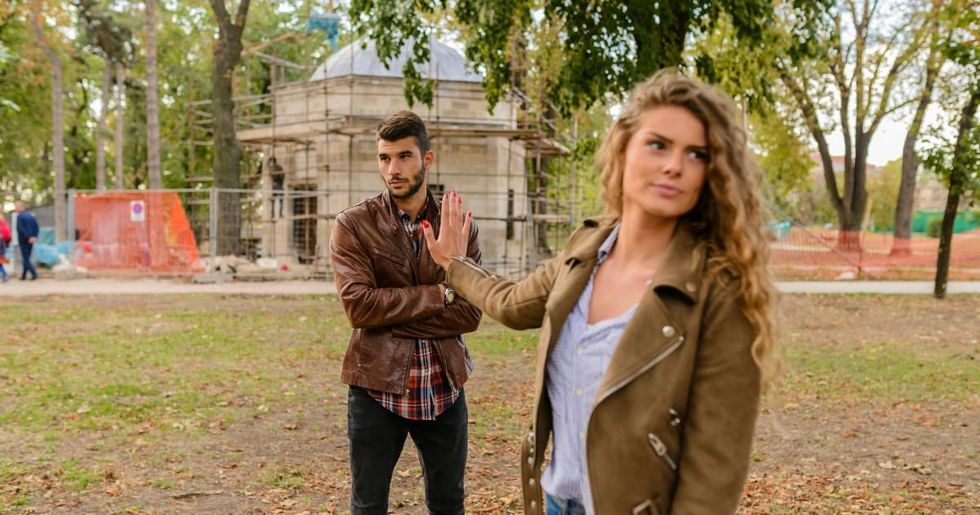
A recent study found that asking someone to perform an additional task during questioning significantly increases the chances of detecting lies. Scientists explain that deceit requires significant mental effort and energy. Experts found that multitasking while lying makes it harder to concoct and sustain a convincing lie, thus aiding in lie detection.
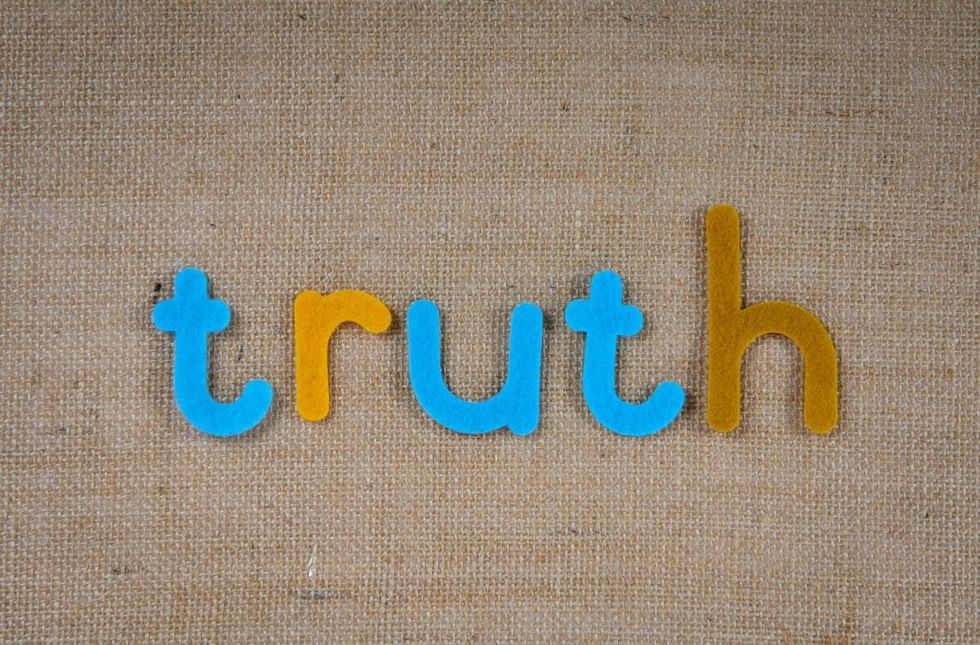
This research was conducted by experts at the University of Portsmouth and was published in the International Journal of Psychology & Behavior Analysis. The experiment consisted of participants telling the truth or lying about some societal issues. A total of 164 people were taken into account and were asked about their level of support for controversial topics in the news at the time, such as immigration, Brexit, and the UK's former Prime Minister Boris Johnson.
The results of the experiment found that the stories of the liars were deemed less plausible than the truth-tellers, and this was mostly visible when the liars were given a secondary task to focus on. Two-thirds of the participants were asked to remember and recall a car registration number during the interview. Half of these participants were told that the secondary task was important, as per IFL Science.
The pre-registered hypothesis test results indicated that there were major differences between truth-tellers and lie-tellers in the condition where they were performing a secondary task with incentives. The experiment was also conducted in a controlled condition, where no secondary task was given, and then in a condition where they performed the secondary task without any incentives.
One of the study’s authors, Professor Aldert Vrij, commented on the result: "The pattern of results suggests that the introduction of secondary tasks in an interview could facilitate lie detection, but such tasks need to be introduced carefully."
Vrij, however, gave a conclusive statement on the experiment as he said, "It seems that a secondary task will only be effective if lie tellers do not neglect it. This can be achieved by either telling interviewees that the secondary task is important, as demonstrated in this experiment, or by introducing a secondary task that cannot be neglected (such as gripping an object, holding an object in the air, or driving a car simulator). Secondary tasks that do not fulfill these criteria are unlikely to facilitate lie detection."

















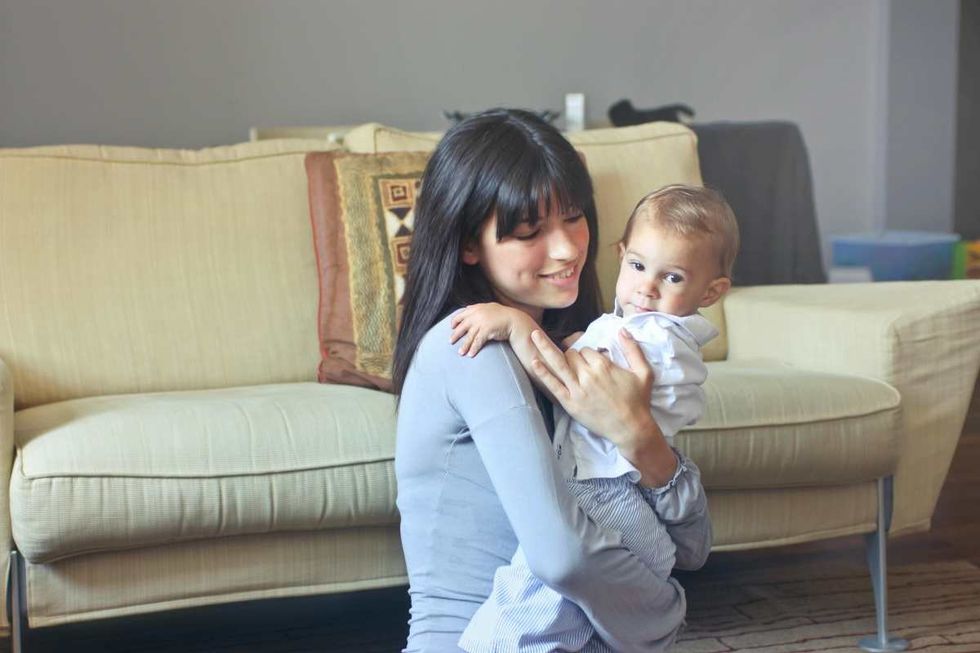 Pexels | Photo by Andrea Piacquadio
Pexels | Photo by Andrea Piacquadio
 An Atlantic grey seal looking at the camera underwater. (Representative Image Source: Getty Images | Mark Chivers)
An Atlantic grey seal looking at the camera underwater. (Representative Image Source: Getty Images | Mark Chivers) A grey seal swims up to a scuba diver. (Representative Image Source: Getty Images | Huw Thomas)
A grey seal swims up to a scuba diver. (Representative Image Source: Getty Images | Huw Thomas)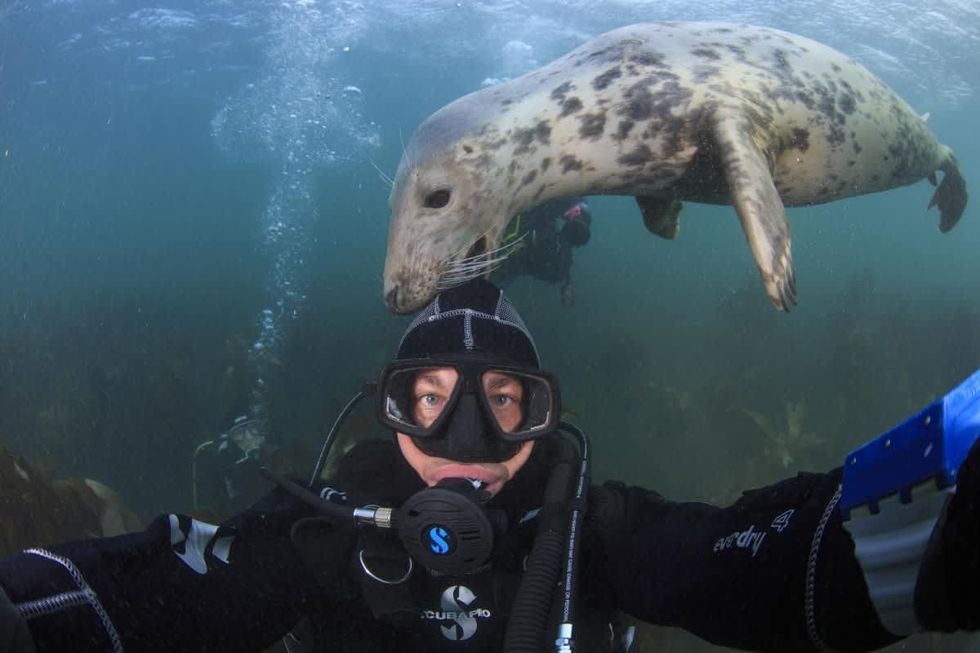 A Grey seal nibbles at the hood of a scuba diver. (Representative Image Source: Getty Images | Bernard Radvaner)
A Grey seal nibbles at the hood of a scuba diver. (Representative Image Source: Getty Images | Bernard Radvaner)
 Image Source: Seth Rogen and Lauren Miller Rogen co-host the HFC Austin Brain Health Dinner on September 30, 2023, in Austin, Texas. (Photo by Rick Kern/Getty Images for Hilarity for Charity)
Image Source: Seth Rogen and Lauren Miller Rogen co-host the HFC Austin Brain Health Dinner on September 30, 2023, in Austin, Texas. (Photo by Rick Kern/Getty Images for Hilarity for Charity) Image Source: Seth Rogen and Lauren Miller Rogen attend the 95th Annual Academy Awards on March 12, 2023 in Hollywood, California. (Photo by Arturo Holmes/Getty Images )
Image Source: Seth Rogen and Lauren Miller Rogen attend the 95th Annual Academy Awards on March 12, 2023 in Hollywood, California. (Photo by Arturo Holmes/Getty Images ) Image Source: YouTube |
Image Source: YouTube |  Image Source: YouTube |
Image Source: YouTube | 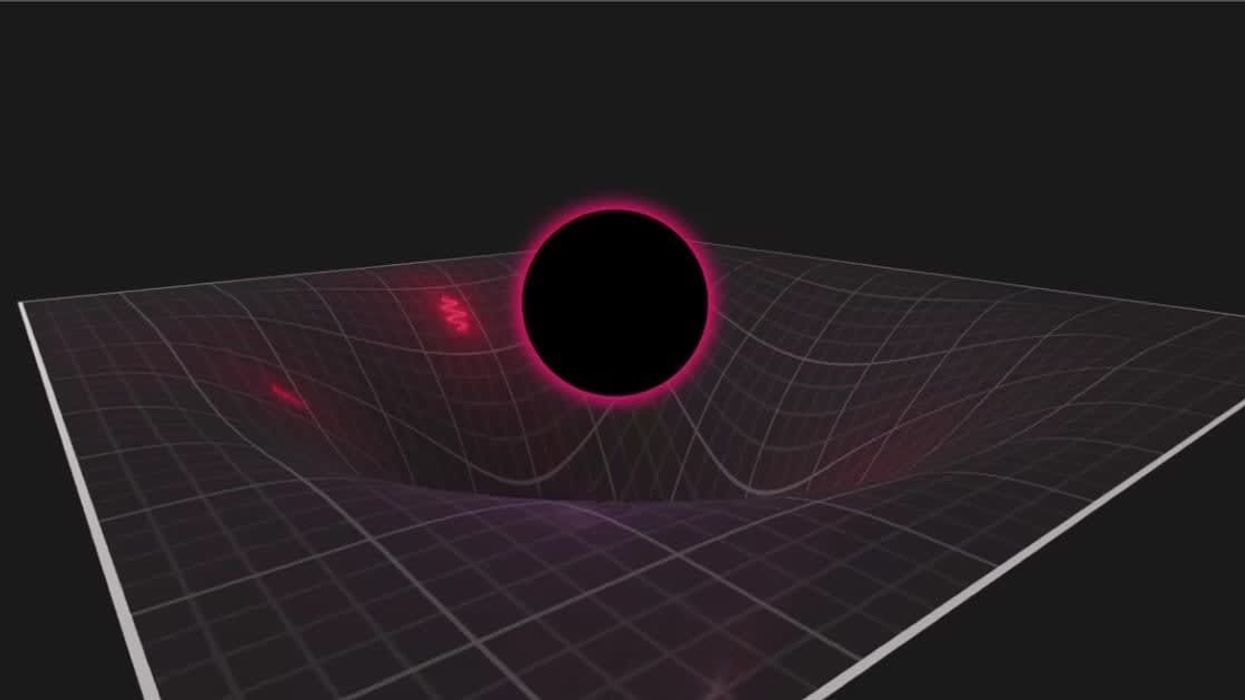
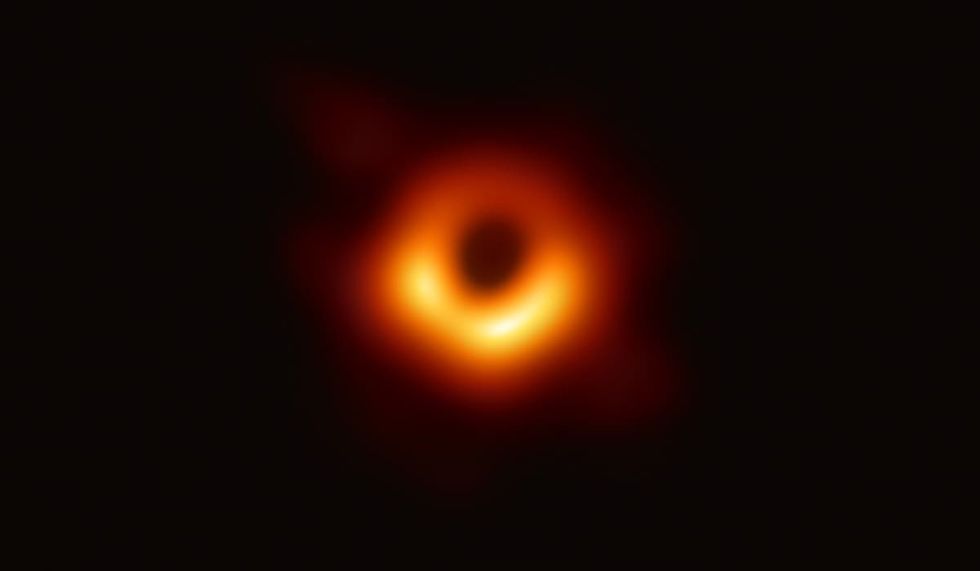 Image Source: In this handout photo provided by the National Science Foundation, the Event Horizon Telescope captures a black hole at the center of galaxy M87 in an image released on April 10, 2019. (National Science Foundation via Getty Images)
Image Source: In this handout photo provided by the National Science Foundation, the Event Horizon Telescope captures a black hole at the center of galaxy M87 in an image released on April 10, 2019. (National Science Foundation via Getty Images)
 Representational Image Source: Pexels I Photo by Nataliya Vaitkevich
Representational Image Source: Pexels I Photo by Nataliya Vaitkevich Representative Image Source: Pexels | Kampus Production
Representative Image Source: Pexels | Kampus Production
 Image Source: Destroyed vehicles lie near the rubble after the earthquake and tsunami devastated the area on March 16, 2011, in Minamisanriku, Japan. The 9.0 magnitude strong earthquake struck offshore on March 11 at 2:46 pm local time, triggering a tsunami wave of up to ten meters which engulfed large parts of north-eastern Japan. (Photo by Chris McGrath/Getty Images)
Image Source: Destroyed vehicles lie near the rubble after the earthquake and tsunami devastated the area on March 16, 2011, in Minamisanriku, Japan. The 9.0 magnitude strong earthquake struck offshore on March 11 at 2:46 pm local time, triggering a tsunami wave of up to ten meters which engulfed large parts of north-eastern Japan. (Photo by Chris McGrath/Getty Images)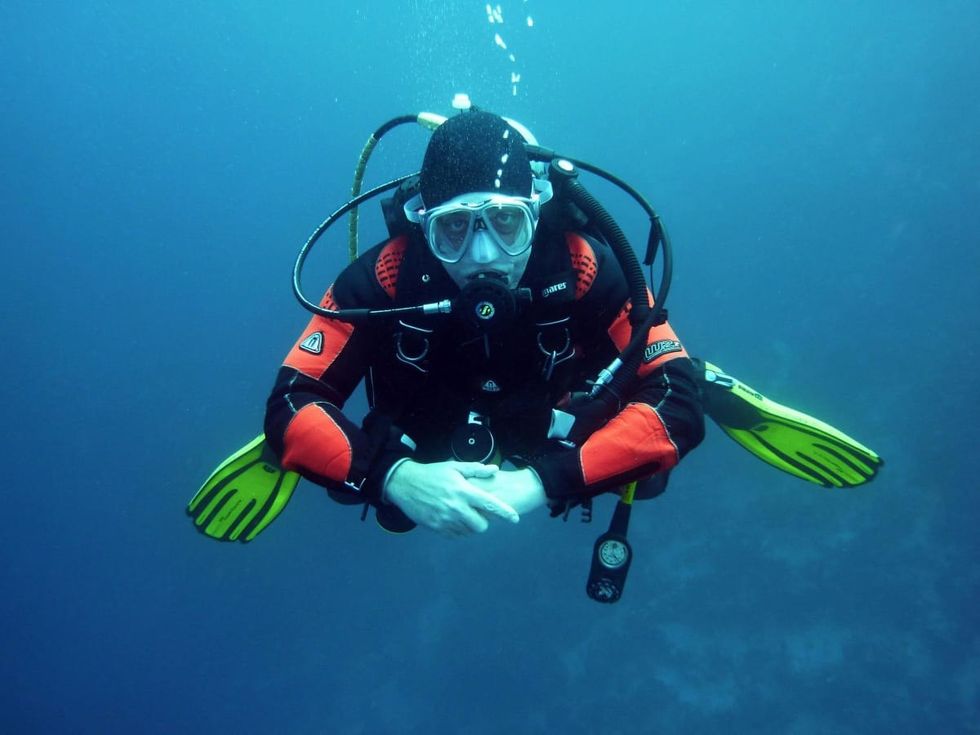 Representative Image Source: Pexels | Pixabay
Representative Image Source: Pexels | Pixabay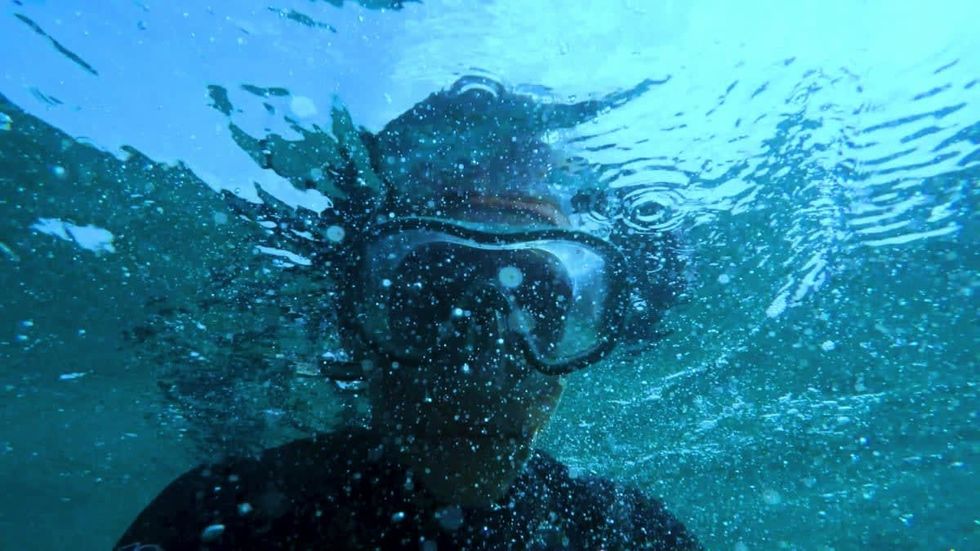 Representative Image Source: Pexels | Stuart Pritchards
Representative Image Source: Pexels | Stuart Pritchards
 Image Source: Musician Keith Urban and actress Nicole Kidman arrive at the 2009 American Music Awards at Nokia Theatre L.A. Live on November 22, 2009 in Los Angeles, California. (Photo by Jeffrey Mayer/WireImage)
Image Source: Musician Keith Urban and actress Nicole Kidman arrive at the 2009 American Music Awards at Nokia Theatre L.A. Live on November 22, 2009 in Los Angeles, California. (Photo by Jeffrey Mayer/WireImage)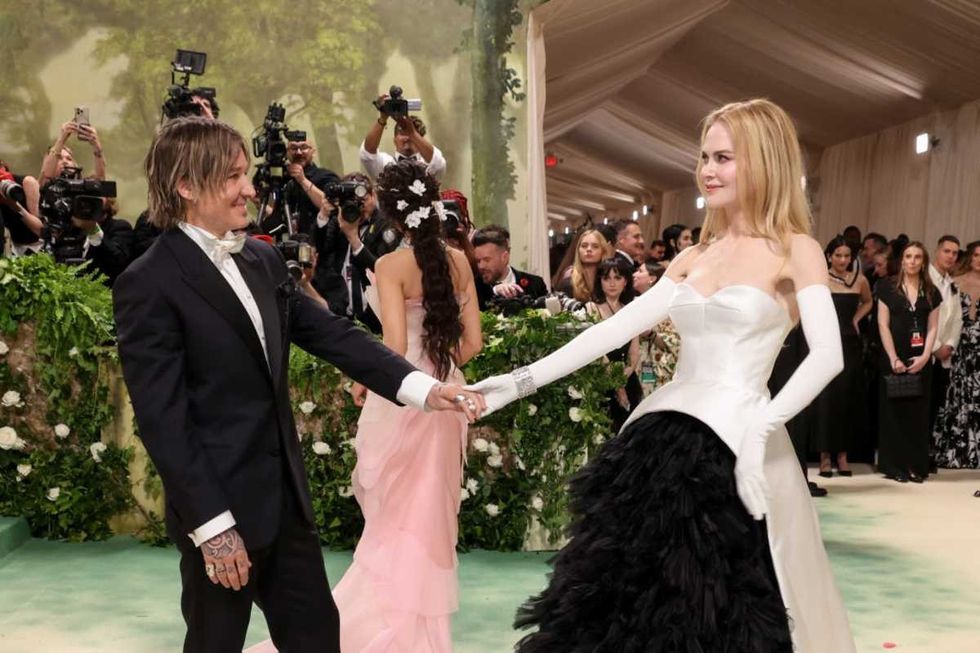 Image Source: Keith Urban and Nicole Kidman attend The 2024 Met Gala on May 06, 2024 in New York City. (Photo by John Shearer/WireImage)
Image Source: Keith Urban and Nicole Kidman attend The 2024 Met Gala on May 06, 2024 in New York City. (Photo by John Shearer/WireImage) Image Source: Musician Keith Urban and actress Nicole Kidman arrive at the Oscars on February 24, 2013 in Hollywood, California. (Photo by Jeff Vespa/WireImage)
Image Source: Musician Keith Urban and actress Nicole Kidman arrive at the Oscars on February 24, 2013 in Hollywood, California. (Photo by Jeff Vespa/WireImage)
 Representative Image Source: Pexels | August de Richelieu
Representative Image Source: Pexels | August de Richelieu Representative Image Source: Pexels | August de Richelieu
Representative Image Source: Pexels | August de Richelieu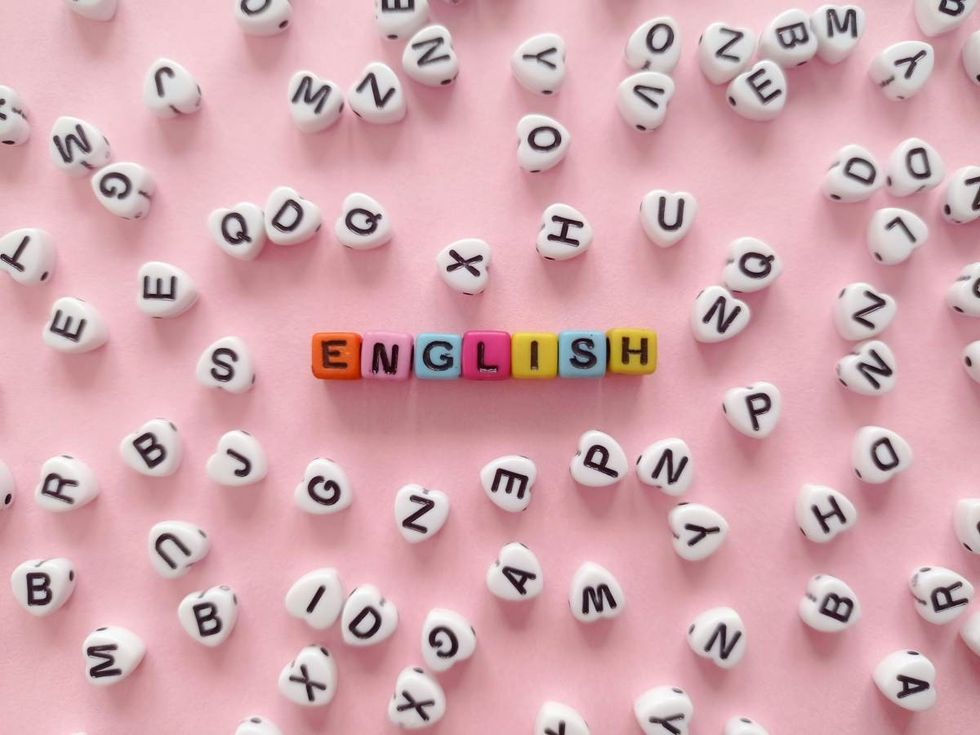 Representative Image Source: Pexels | Djordje Vezilic
Representative Image Source: Pexels | Djordje Vezilic Representative Image Source: Pexels | Fauxels
Representative Image Source: Pexels | Fauxels